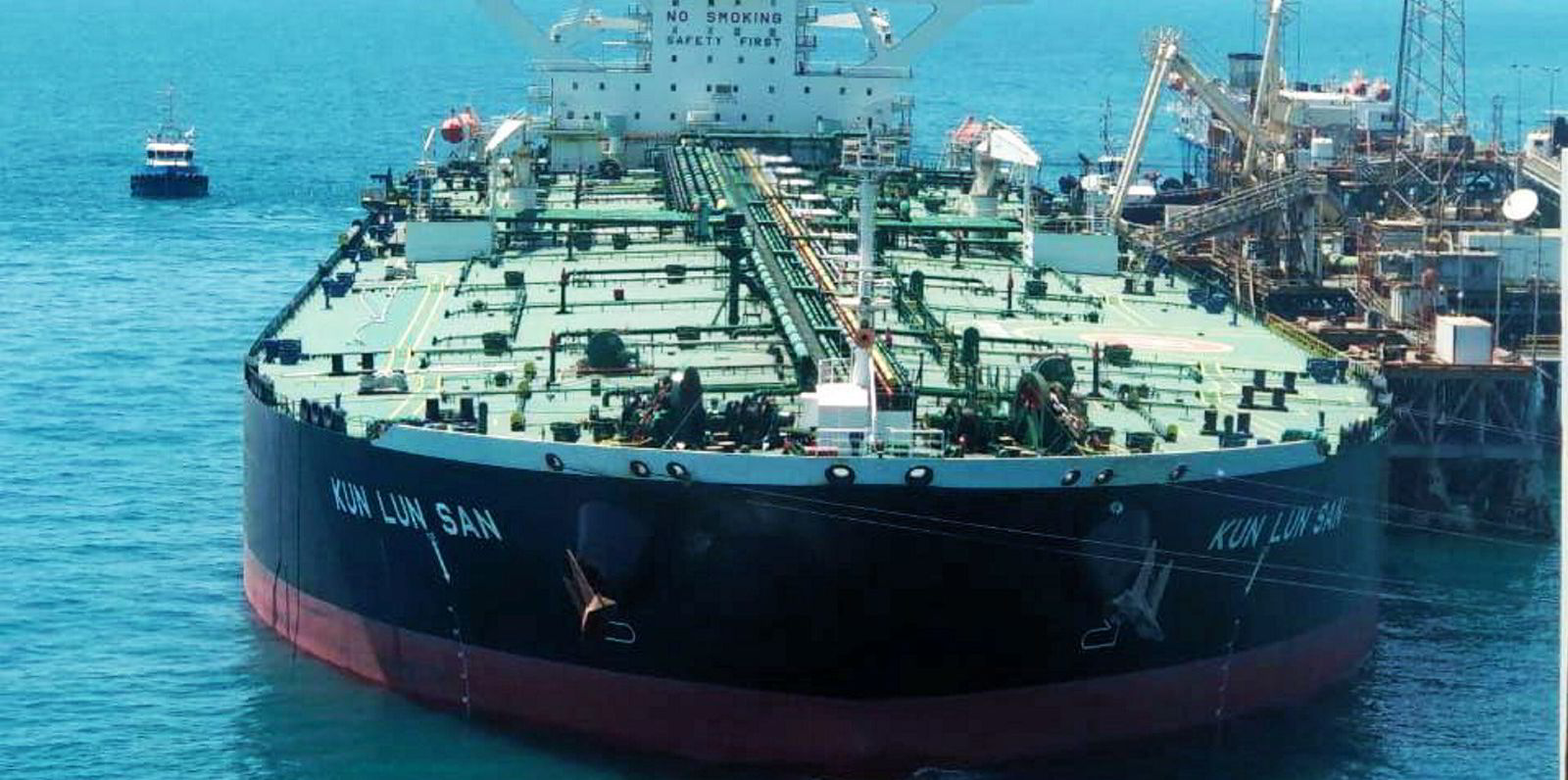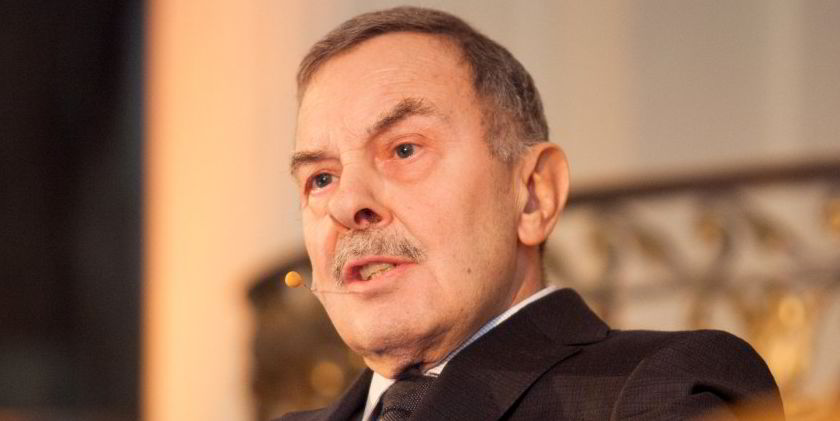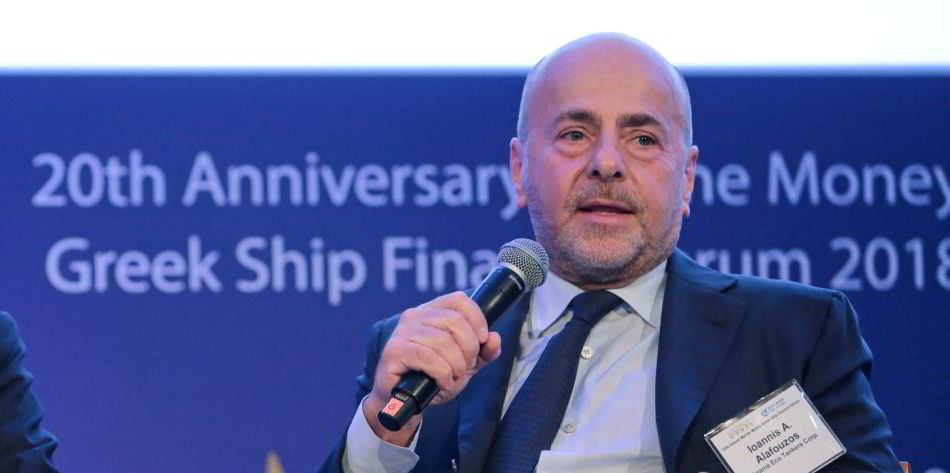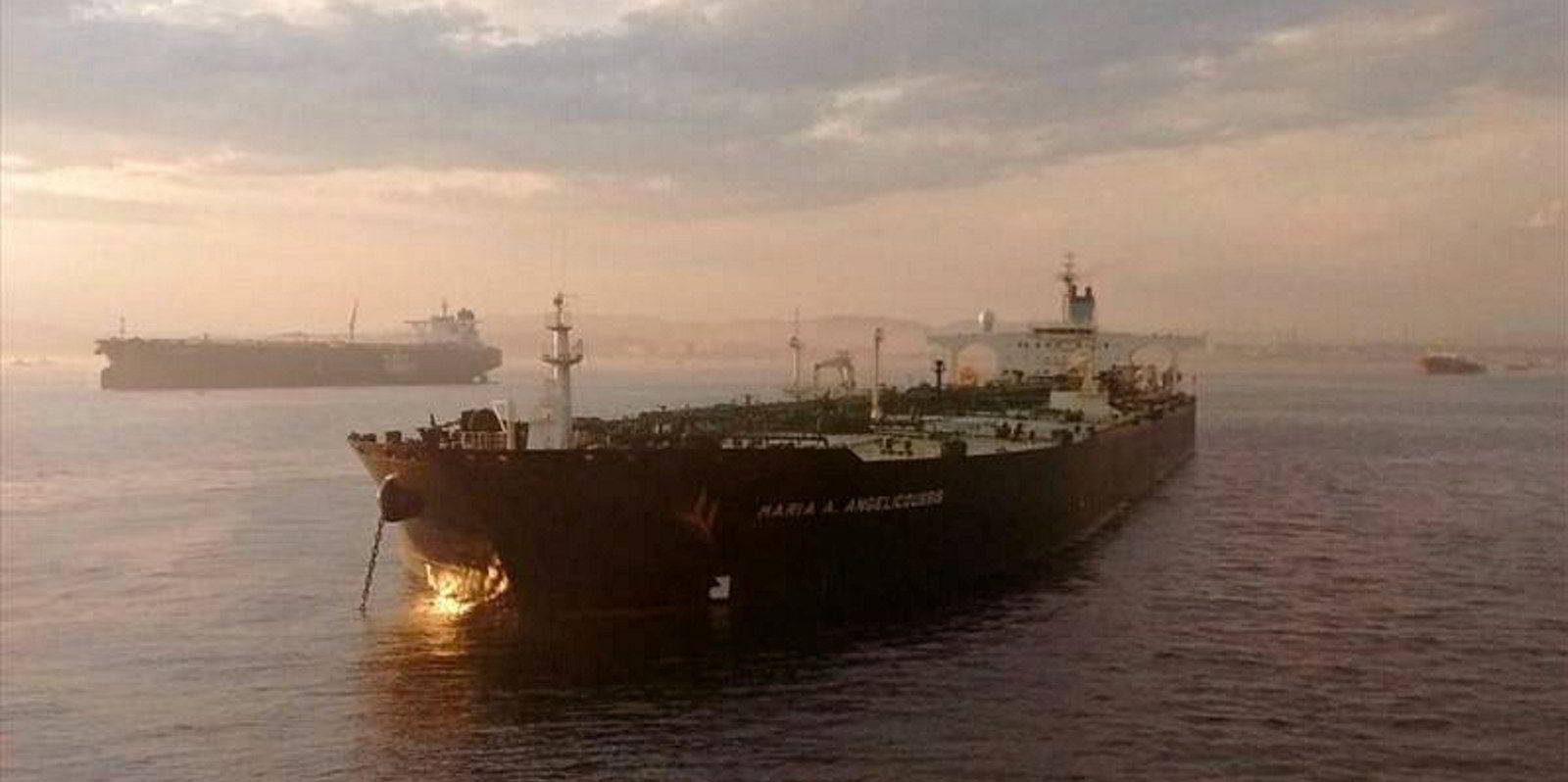Tonne-mile prospects are improving for tankers this year and for 2022 after a tough end to 2020.
This is according to new forecasts by valuation platform VesselsValue and Norwegian shipping researcher ViaMar.
Their latest quarterly report reveals growing optimism for rates in the longer term, following a period of low earnings in the second half of last year.
The companies said: "While we expect some improvement in rates in 2021, the first half ... looks to be challenging, but tanker rates should strengthen through 2022 and 2023."
The International Maritime Organization's greenhouse gas emission targets expected to be enforced in 2023 will likely impact vessel supply, the study found.
Strong growth predicted
"Our tonne-mile calculations reveal a decline in 2020 for the total tanker market. However, 2021 and 2022 should return strong growth," the companies said.
"The rebound will come in conjunction with normalised mobility and transportation fuel demand, post the Covid-19 pandemic."
VesselsValue and ViaMar said a return to growth in industrial activity and consumer demand will support the positive development.
"Oil inventories at sea and on land have come off current heights and pose less of a threat to import demand," they added.
In Asia, transport and industrial demand is closing in on pre-pandemic levels, while the West has been held back by tightening restrictions that are likely to last into the new year, the report said.
No direction from Opec+

The VLCC market did not receive any clear direction from Monday's Opec+ meeting, according to Norwegian investment bank Fearnley Securities, which expects flat rates in the coming months.
Russia reportedly sought a 500,000 barrel per day increase in February quotas, but this was opposed by several members, particularly Saudi Arabia, which opened the meeting with a stark warning to stay disciplined, Fearnley added.
"We continue to see a soft first half of the year with a recovery starting in second half 2021, driven by both rising production and more normalised inventory levels," analysts Espen Landmark Fjermestad, Peder Nicolai Jarlsby and Ulrik Mannhart said.
"Longer-term, the icing on the cake is obviously the supply side of the equation which leaves very little demand growth needed."
The analysts said they would prefer to see Opec+ taking a more conservative near-term approach and enable a quicker rebalancing of the oil market, as this would set the stage for a more sustained recovery down the road.
Cargo count rising
The December VLCC cargo count from the Middle East Gulf ended at 122, up from about 100 seen in each of the three previous months. Rates to South Korea dropped 15% on Monday to $15,000 per day.
The new coronavirus surge is potentially keeping output steady for the coming month as demand uncertainties increase, Fearnley said.
Cleaves Securities said the VLCC tonnage list in the Middle East is still ample, and charterers are continuously able to test owners' resolve.
"The Atlantic market is not providing any respite with a general lack of cargoes. The smaller dirty tankers are faring even worse, and the market is said to have imploded for the clean LRs," the investment bank added.






